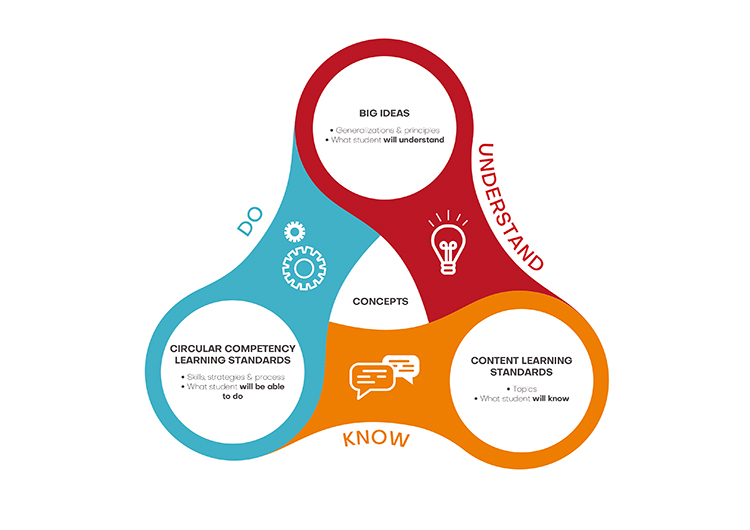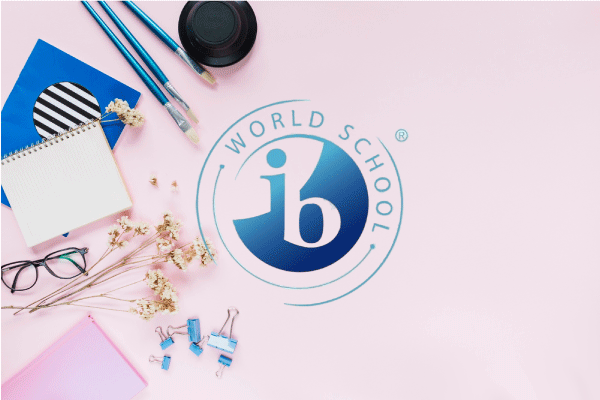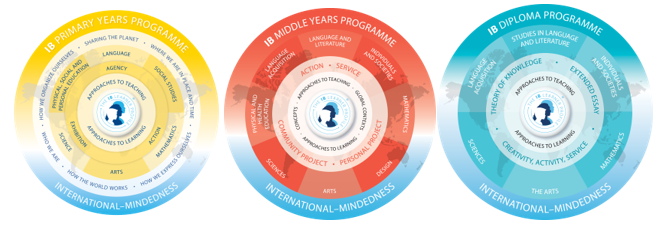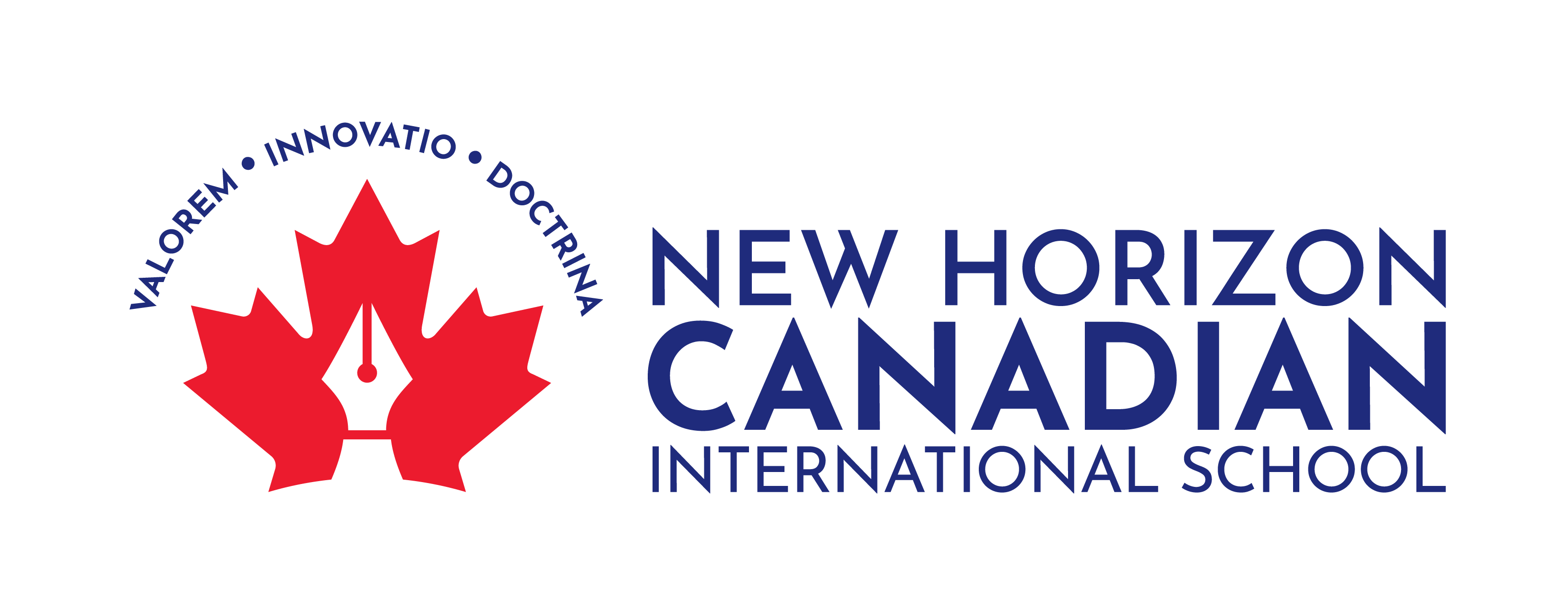- Home
Introduction to BC Curriculum
Only BC School In Bangladesh
New Horizon Canadian International School is the only school in Bangladesh to have British Columbia Curriculum.
British Columbia has one of the best education systems in the world. Teachers are skilled and students are performing near the top of international assessments. Conditions in the world are changing greatly and today’s students will grow into a world that is very different from and more connected than that of generations before. One key focus for the transformation of our new students is to have a curriculum that enables and supports personalized learning, flexibility and choice to our students, and high standards to achieve success in life.
To know more click the following button. It is BC’s Course Curriculum. You can search our Kindergarten to Grade 12 curriculum by course or keyword here.

what is BC
Curriculum Model
The BC Curriculum and how it differs from a traditional learning curriculum The comprehensive curriculum provides an excellent foundation for all areas of learning. Focused on sound foundations of literacy and numeracy these critical skills are the foundation of BC’s education system and are a key component of developing an educated citizen. The most important goal of our program is to encourage our students to become self-confident inquisitive and enthusiastic learners. The BC Curriculum allows children to learn through multiple pathways that help them to make personal connections to their learning. Teachers provide an environment in the classroom in which students be engaged and invested in their learning and ultimately advocates of their own learning.
CONCEPTS
Big Ideas
Generalization and principles:
What students will understand
UNDERSTAND
Content Learning Standards
Topics: It is about
what ideas our students will know
KNOW
Curricular Competency LS
Skills, strategies and process: What students will be able to do
COMMUNICATION
SGHSFHGSHGSHS
The communication competency
encompasses the set of abilities that students want to impart and exchange information, experiences and ideas, to explore the world around them, and understand and effectively
engage in the use of digital media.
THINKING ANDSFSFASGAGAGAGASFG
The thinking competency encompasses the knowledge, skills and processes we associate with intellectual
development and is demonstrated through.
Creative Thinking |
Critical Thinking
PERSONAL & SOCIAL COMPETENCY
Personal and social competency includes
Positive Personal &
Cultural Identity
Personal Awareness &
Responsibility
Social
Responsibility
BC curriculum is
Bringing Excellence To Students.
To build strong and purposeful relationships amongst all community members in the service of student growth and success.
STUDENT SUCCESS
To provide many pathways for all students to pursue relevant and innovative leaming opportunities.
LEADERSHIP EXCELLENCE
To provide a study place that fosters creativity, inspires excellence and challenges everyone to embrace growth in the service of student success.
THOUGHTFUL MANAGEMENT
To establish dedicated management practices that ensure quality to all our students.

Message from Global Director, British Columbia, Canada
Introduction to IB Curriculum
Introductory Video of IB
What is
IB Curriculum
The International Baccalaureate Organization (known as the IB) offers four high-quality and challenging educational programmes for a worldwide community of schools, aiming to create a better, more peaceful world. This publication is one of a range of materials produced to support these programmes. The IB may use a variety of sources in its work and checks information to verify accuracy and authenticity, particularly when using community-based knowledge sources such as Wikipedia. The IB respects the principles of intellectual property and makes strenuous efforts to identify and obtain permission before publication from rights holders of all copyright material used. The IB is grateful for permissions received for material used in this publication and will be pleased to correct any errors or omissions at the earliest opportunity.
About NHCS Curriculum
International Baccalaureate (IB)
This is the International Baccalaureate (IB). IB programs aim to provide an education that enables students to make sense of the complexities of the world around them, as well as equip them with the skills and dispositions needed for taking responsible action for the future.
- Accredited with IB
- IB certified teachers
- Global accreditations
- One of the few schools to have IB curriculum in Dhaka

IB Curriculum Model

What is an IB Education: Approaches to Teaching and Learning
Here, we can know about another aspect that is central to any IB education. As you can see in the program logos above, there is a component that is common to all: Approaches to Teaching and Approaches to Learning.
Approaches to Teaching
In all IB programs, teaching is:
- Based on inquiry. A strong emphasis is placed on students finding their own information and constructing their own understandings.
- Focused on conceptual understanding. Concepts are explored in order to both deepen disciplinary understanding and to help students make connections and transfer learning to new contexts.
- Developed in local and global contexts. Teaching uses real-life contexts and examples, and
students are encouraged to process new information by connecting it to their own experiences and to the world around them.
- Focused on effective teamwork and collaboration. This includes promoting teamwork and
collaboration between students, but also refers to the collaborative relationship between teachers and students.
- Designed to remove barriers to learning. Teaching is inclusive and values diversity. It affirms students’ identities, and aims to create learning opportunities that enable every student to develop and pursue appropriate personal goals.
- Informed by assessment. Assessment plays a crucial role in supporting, as well as measuring, learning. This approach also recognizes the crucial role of providing students with effective feedback.
Approaches to Learning
The same five categories of skills span all IB programs, with the skills then emphasized in developmentally appropriate ways within each program. The five categories are:
- thinking skills, including areas such as critical thinking, creative thinking, and ethical thinking
- research skills, including skills such as comparing, contrasting, validating, and prioritizing information
- communication skills, including skills such as written and oral communication, effective listening, and formulating arguments
- social skills, including areas such as forming and maintaining positive relationships, listening skills, and conflict resolution
- self-management skills, including both organizational skills, such as managing time and tasks, and affective skills, such as managing state of mind and motivation.
The development of these skills plays a crucial role in supporting the IB’s mission to develop active,
compassionate, and lifelong learners. Although these skills areas are presented as distinct categories, there are close links and areas of overlap between them, and these categories should be seen as interrelated.
